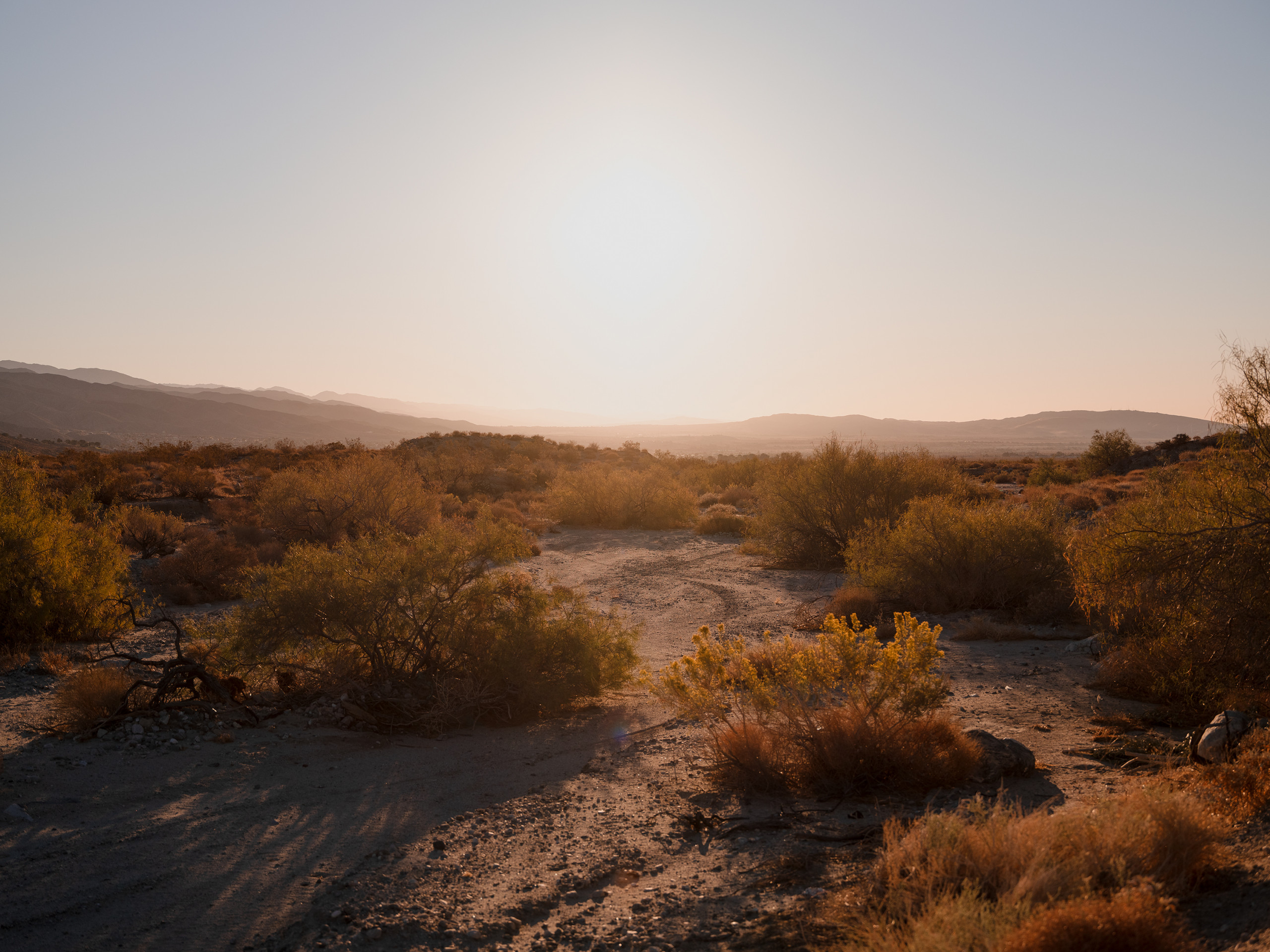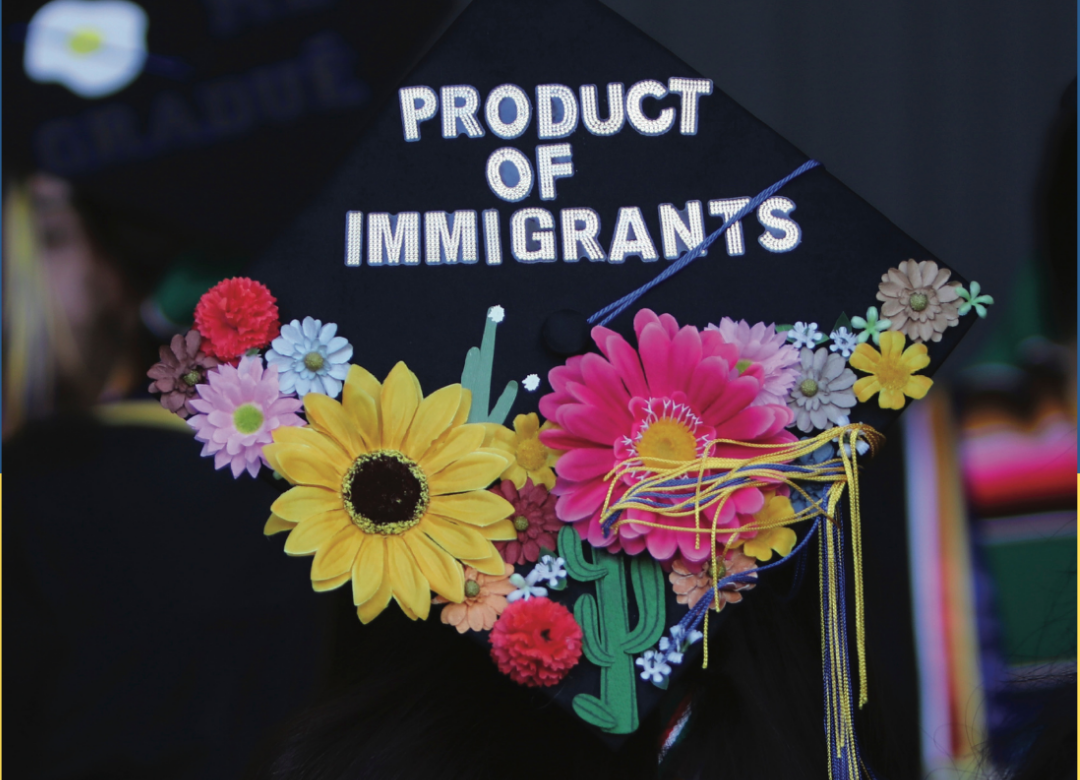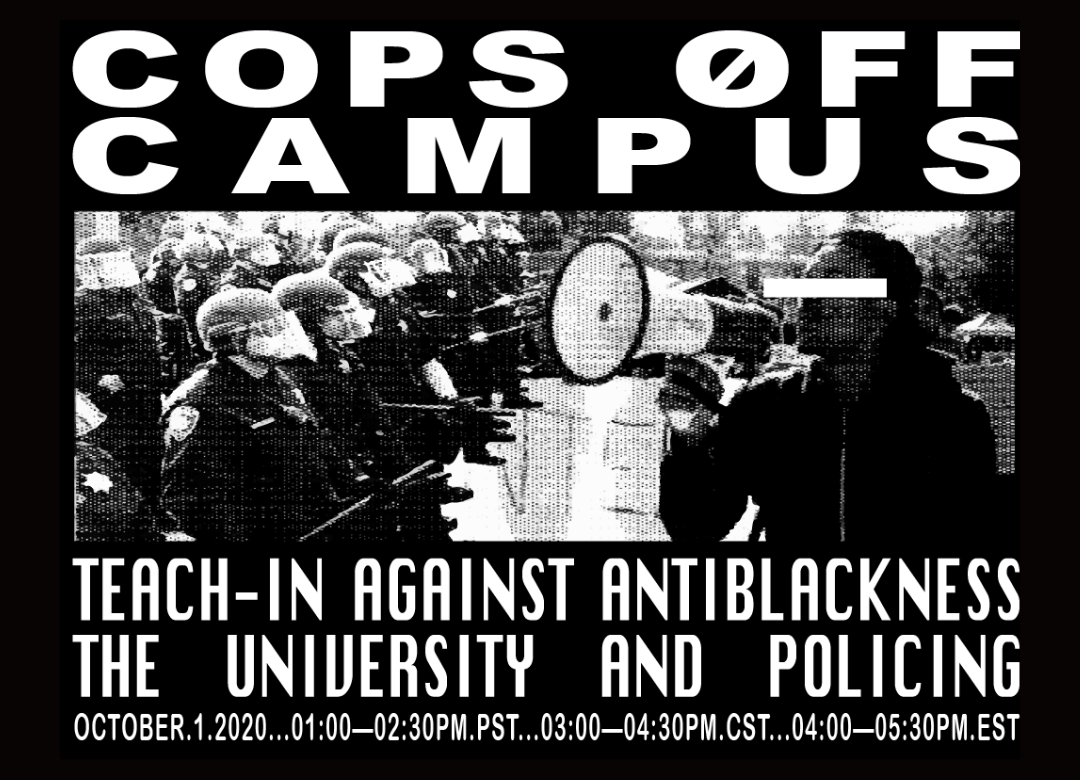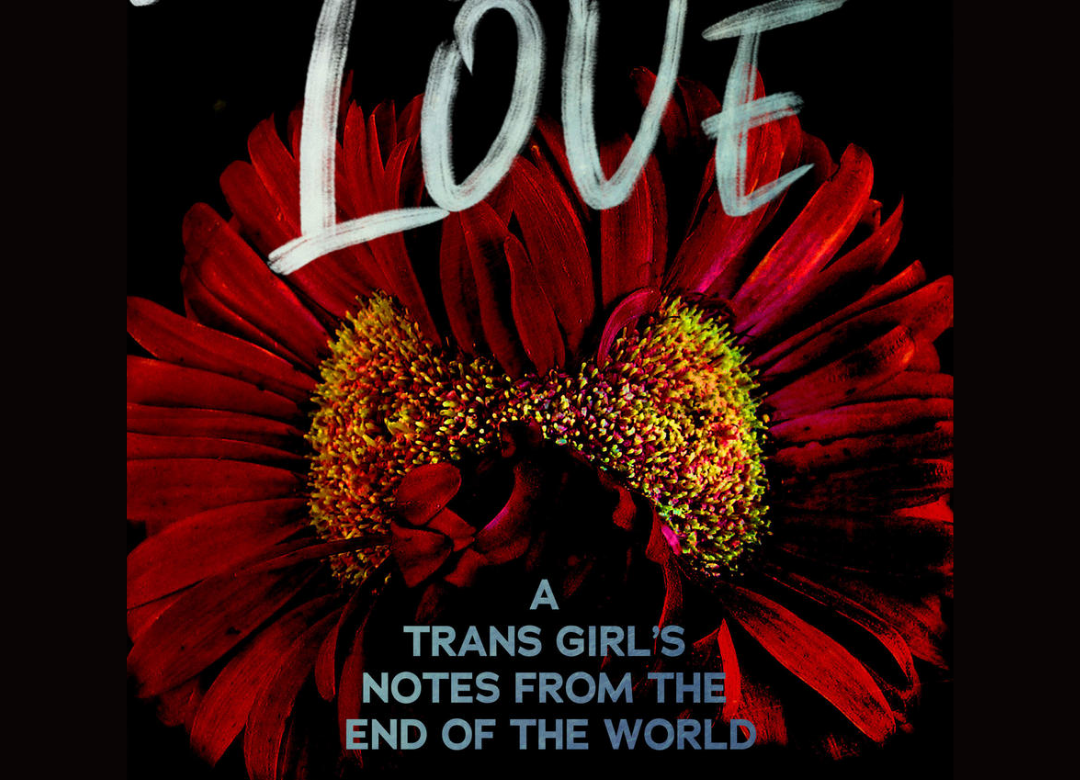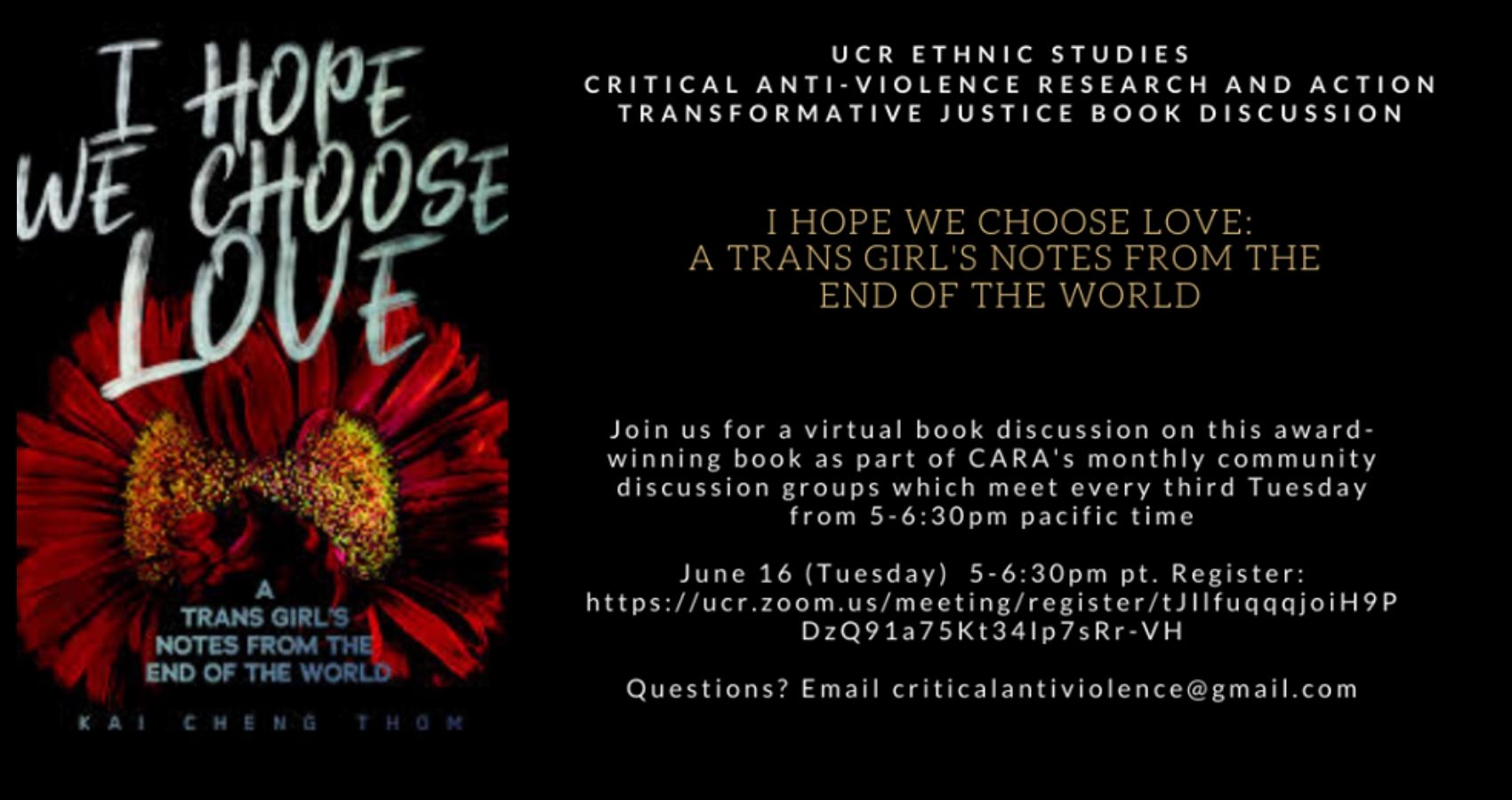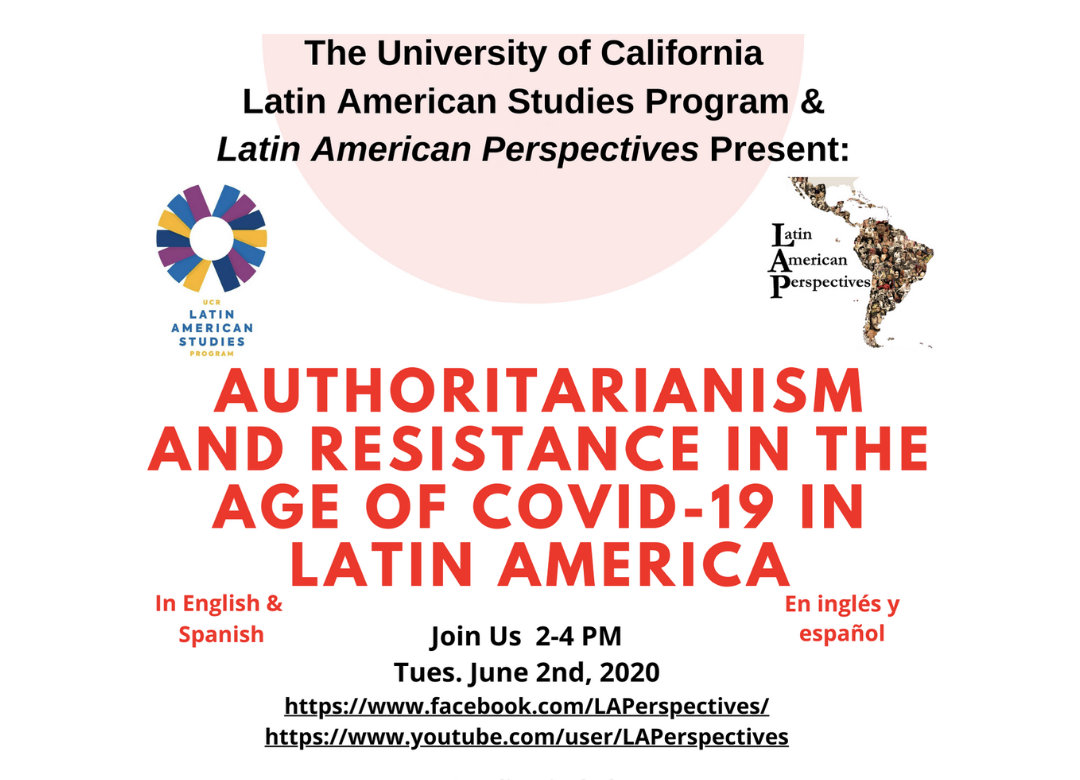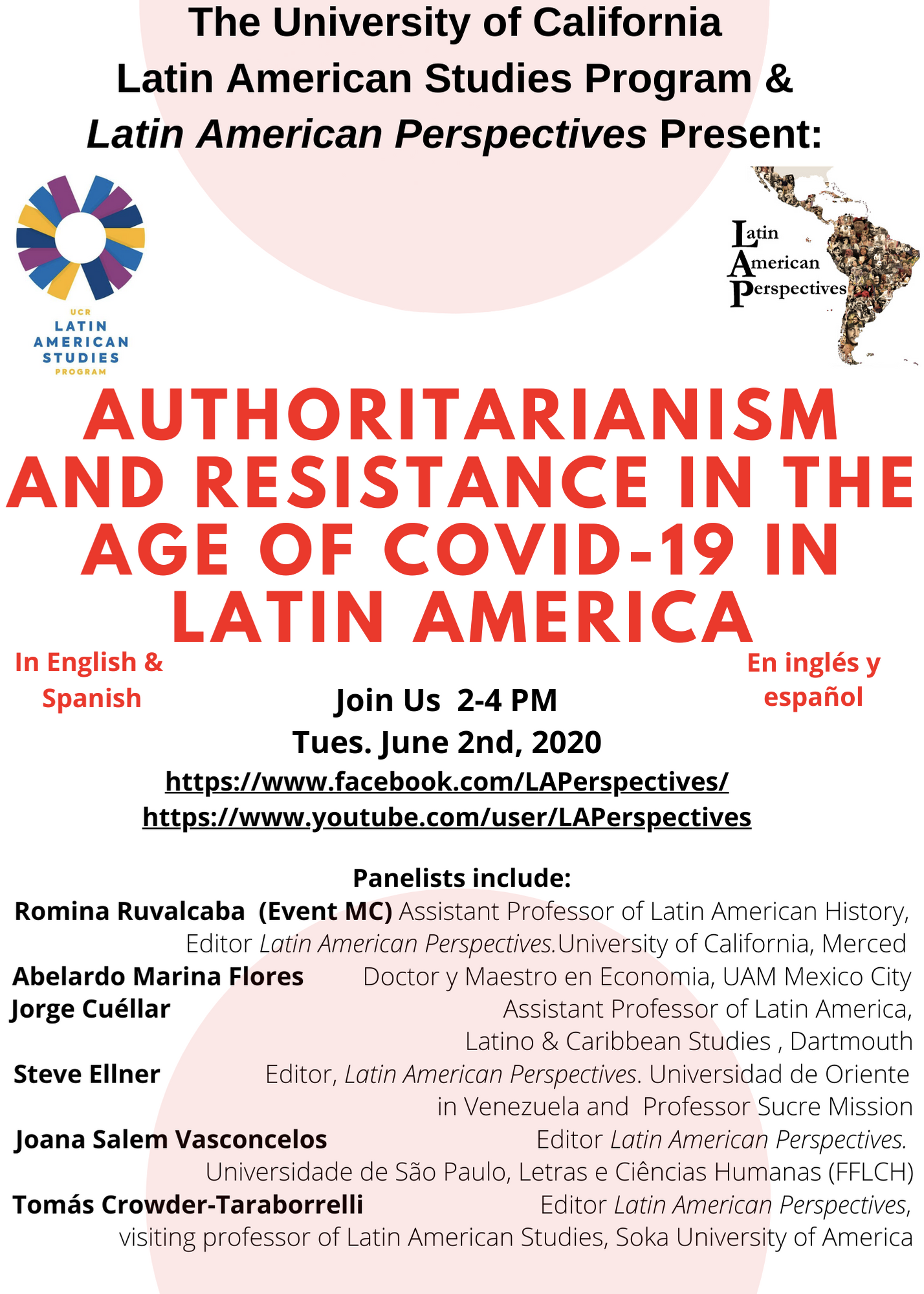Desert X is an international contemporary art exhibition that takes place in desert locations and features site-specific installations by acclaimed artists from around the world. The exhibition is produced by The Desert Biennial, a California-based not-for-profit organization with a mission to present public exhibitions of art that engage with the desert, the environment, and indigenous communities. Eleven artists from Europe, North America and South Asia will present poetic and immersive works that span sculpture, painting, writing, architecture, design, film, music, performance and choreography, education, and environmental activism in the exhibition curated by Artistic Director Neville Wakefield and Co-Curator Diana Campbell.
The exhibition examines social and environmental themes with a focus on the changes that give form to a world increasingly shaped by climate crisis, globalism, and the political and economic migrations that follow in their wake. In the exhibition, which builds on social and environmental themes explored in earlier editions, newly-commissioned works make visible, as instruments of self-awareness and devices of wonder, the forces that we exert on the world: how we design our environments, how we live, and the messages we send that reinforce systems that might or might not be beneficial for us. From the local to the global, from schools and roads to global trade routes that define the ebb and flow of goods and many things in-between, infrastructure has subsumed creative ways of being that are inconvenient to forces of power.
Desert X 2023 features the work of Professor Gerald Clarke, who presents a unique piece called Immersion. The installation takes the form of a traditional Cahuilla coiled basket or ‘chi-pat-mal’ scaled to become a giant game board. The goal of reaching the center can only be achieved by correctly answering questions relating to the traditions and histories of the Cahuilla Indians and other sovereign cultures. By gamifying history Clarke sublimates prejudice. At the same time, he reminds us how unattainable these same goals have become for those for whom such knowledge has been forcibly withdrawn.
The exhibition will be on display at sites across the Coachella Valley from March 4–May 7, 2023. Don’t miss this opportunity to see the work of Professor Gerald Clarke and other world-renowned artists. Visit desertx.org for more information.

